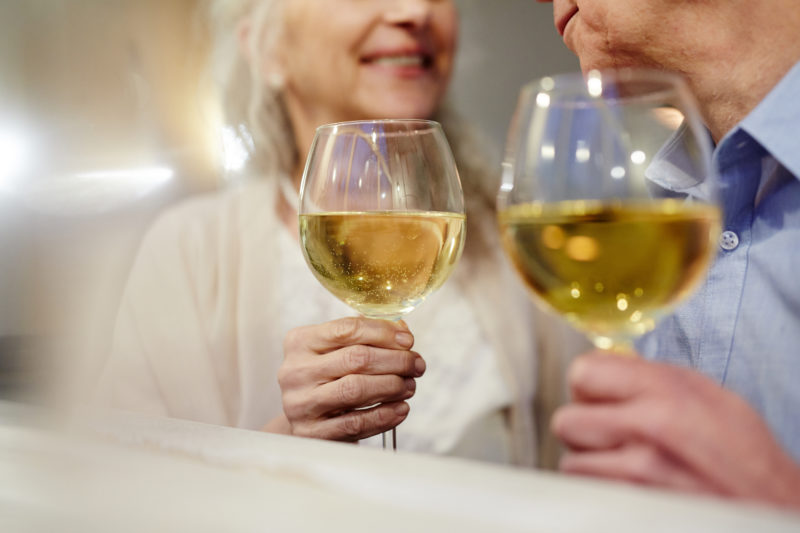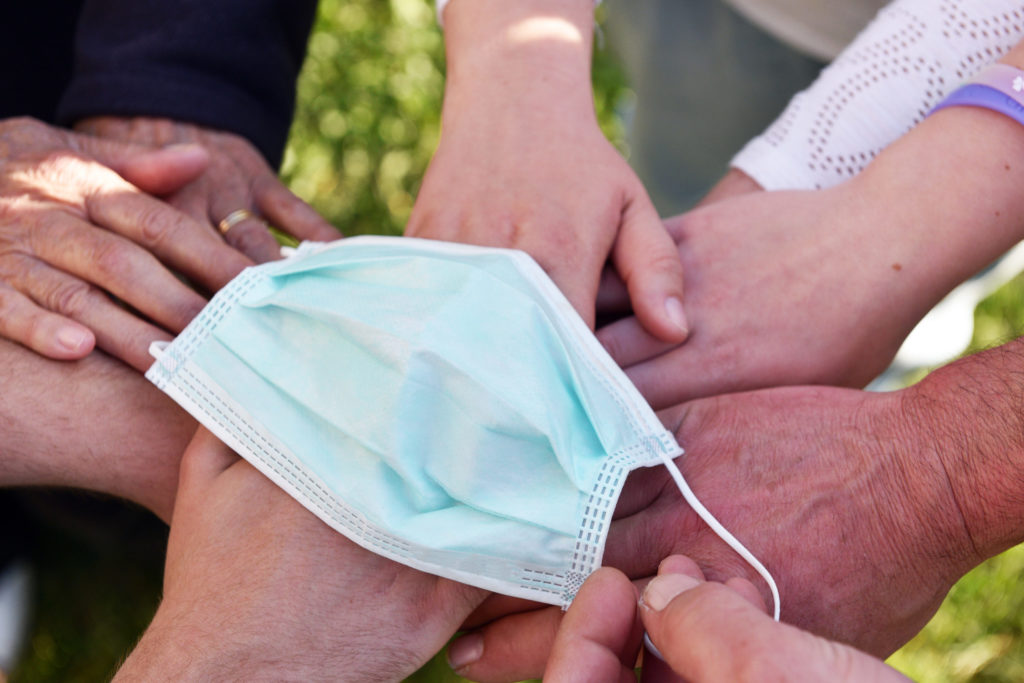An analysis of trends in France, Belgium and Germany reveals that seniors consume alcohol more frequently than younger people, but in smaller quantities. This phenomenon is particularly marked among the over-75s and men.
Drinking habits
Alcohol consumption remains an important behaviour in France because of its roots in the culinary and festive culture. France ranks sixth among European Union countries in terms of daily alcohol consumption. Drinking alcohol is part of our culture, and a glass of wine still often accompanies the meals of our elders. According to the latest data from the EHIS 2019 survey, half of people aged between 45 and 75 in France report regular alcohol consumption, compared with one in four 15-24 year-olds. After the age of 65, the average alcohol consumption per person decreases. This may be due to health problems, taking medication that is incompatible with alcohol, or a change in social life. However, regular consumption is on the increase, with a predominance of this consumption during meals, as a glass of wine still often accompanies meals.
However, a gender distinction is becoming apparent, with a third of men aged 55 to 85 reporting drinking “above the lowest risk guidelines on at least one dimension”. By contrast, the figure for women in the same age group is less than 20%.
In Germany in 2022, according to data from the Swiss Health Survey (ESS), the daily consumption of alcohol by older people is significantly higher than that of younger people. In fact, 22% of 55-64 year-olds and 37% of 65-74 year-olds drink at least one dose of alcohol every day, whereas only 12% of under-54 year-olds do so. Men are more frequent drinkers. And this applies more to the older age groups:
- more than one man in three aged 75 claims to drink every day
- one man in four in the 65-74 age group (a fall of 11.7 points) and
- 17% in the 55-64 age group (a fall of 19.8 points)
In Belgium, according to data from the Health Survey (Sciensano in 2018), the highest prevalence of heavy drinking is among people aged 55-64, while the lowest is in the 75+ age group. This prevalence is higher among men, reaching 12.6% for those aged 55 to 64, than among women of the same age (around 8%). It is also 7.5% for men aged 65 to 74, compared with 2.9% for women in the same age group, and 5.2% for men aged 75 and over, compared with 1.3% for women.
Beer and wine, preferred by seniors
Overall, in France, Belgium and Germany, older people drink alcohol more often than younger people, but in smaller quantities. When they do drink, they choose beer or wine rather than strong spirits. This preference may be linked to cultural, gastronomic or even health factors. Alcohol has always held a special place on French tables, with particular attention paid to wine, which remains one of the emblematic symbols of French tradition and gastronomy. Beer and wine are often seen as more social drinks, accompanying meals and moments of relaxation, while strong spirits are generally associated with more moderate consumption.
Although alcohol consumption by older people varies from country to country, some general patterns emerge, highlighting the importance of cultural, social, generational and health factors in drinking habits.
Sources:
- Health Interview Survey, Sciensano, 1997-2018
- Eurostat
- Insee
- Swiss Health Survey (ESS) 2022
Also worth reading:




